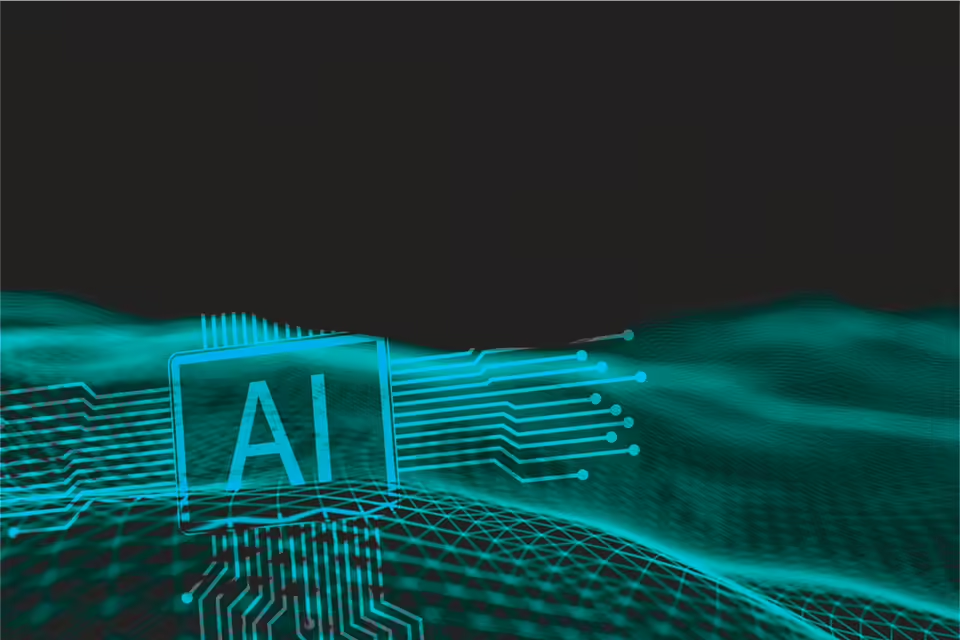As the digital age marches forward, businesses are increasingly turning to artificial intelligence (AI) to streamline operations and make smarter decisions.
Nowhere is this shift more evident than in the realm of human resources. From automated resume screenings to chatbots that handle employee inquiries, AI in HR promises efficiency and accuracy.
However, like all technology, AI has its limitations. When deployed without careful thought, AI can introduce new challenges to HR processes. In this blog post, we’ll explore the pitfalls of relying solely on AI for your HR needs.
Loss of the Human Touch
Interpersonal Skills: The essence of HR lies in understanding human behavior, emotions, and motivations. While AI can process data faster than any human, it lacks the nuance and empathy required for many HR tasks.
Misunderstanding Cultural Context: AI operates based on data and algorithms, which may not always account for cultural differences or the complexities of human emotions.
Bias in Algorithms
Historical Data: If AI algorithms are trained using biased data, the results will also be biased. For example, if a company historically hired more males than females, the AI might deem male candidates as a better fit, perpetuating gender imbalance.
Lack of Diversity: A non-diverse programming team can inadvertently introduce biases into AI algorithms, which then impacts hiring and other HR processes.
Dependence on Technology
System Outages: A heavy reliance on AI means that any technical glitch can bring HR operations to a halt. From database crashes to software bugs, the risks are real.
Cybersecurity Concerns: Storing sensitive HR data in digital platforms opens up vulnerabilities to hacks and breaches.
Overlooking Unique Talents
Narrow Criteria: Automated resume screenings might reject candidates who don’t fit the exact mold but might bring unique skills or perspectives beneficial to the company.
Lack of Creativity: An AI system is limited to its programming. It can’t think outside the box or recognize potential in a candidate whose experience doesn’t fit a traditional path.
Compliance and Legal Concerns
Data Privacy: With General Data Protection Regulation (GDPR) and other data protection regulations, how AI tools handle and store personal data is a significant concern.
Unexplainable Decisions: If an AI system decides not to hire someone or flags an employee for a certain action, it might be hard to explain why, leading to potential legal complications.
While AI undoubtedly brings many advantages to HR processes—efficiency, data analysis, automation—it’s essential to remember that HR, at its core, is about people. The human touch, understanding, and intuition cannot be replaced by algorithms.
Businesses should aim for a balance, leveraging the best of what AI offers while ensuring that human judgment remains central to HR processes. In doing so, they can harness the power of technology without submitting to its pitfalls.
About Focus HR, Inc.
Focus HR, Inc. uncomplicates the people side of business by providing small business owners with outsourced HR, project HR, and Leadership Coaching. For more information, please contact us today! If you liked this post, please subscribe to our blog. You can opt out at any time.
To learn more about FocusHR and for updates, please like our Facebook page and follow us on LinkedIn.

